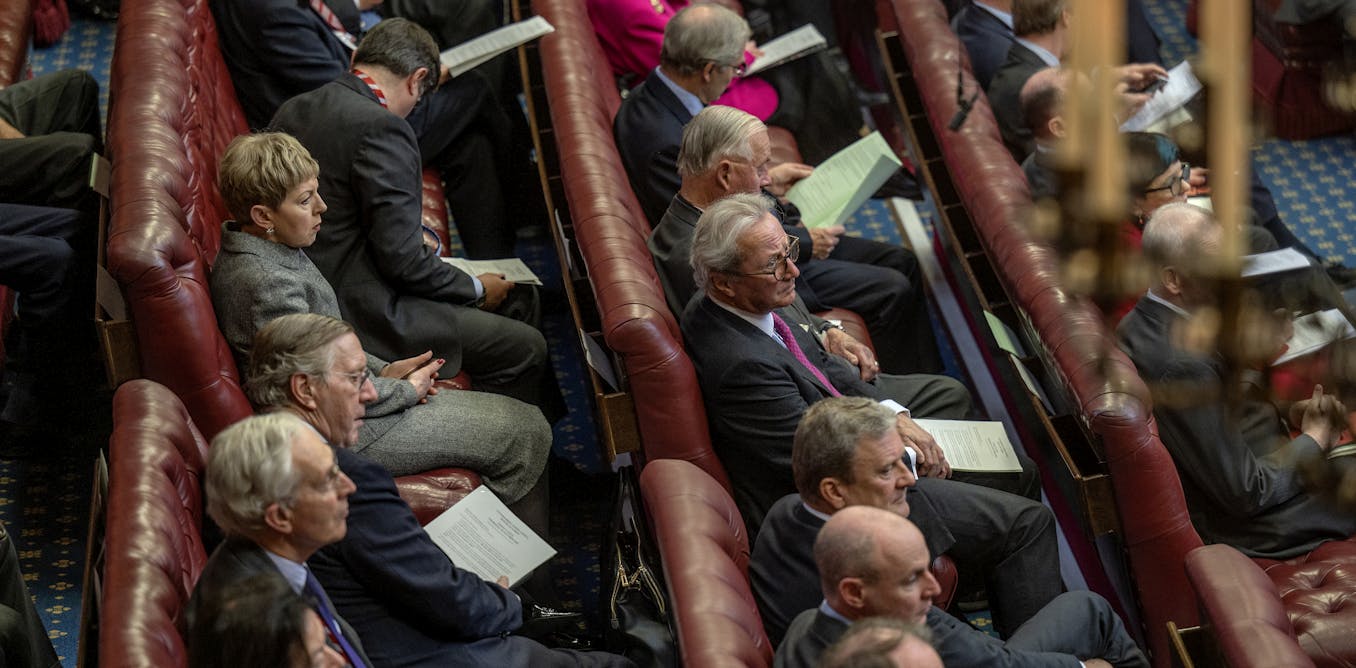Meta is in hot contention again, this time with the European Commission which said on Tuesday (April 30) that it has opened an investigation into suspected breaches of EU online content rules.
In a press release, it states that formal proceedings have been brought as Meta may have breached the Digital Services Act (DSA).
“We suspect that Meta’s moderation is insufficient, that it lacks transparency of advertisements and content moderation procedures,” EU Digital Chief Margrethe Vestager said in the release.
The investigation has been launched as the Commission suspects “them [Meta] to be in breach of DSA obligations regarding deceptive advertising and political content, and to fail to provide researchers, journalists and election stakeholders with real-time monitoring tools and effective mechanisms to flag illegal content,” said Thierry Breton, the Commissioner for Internal Market.
The EU has also highlighted the non-availability of an effective third-party real-time civic discourse and election-monitoring tool ahead of the elections in the European Parliament.
It noted the lack of an ‘adequate’ replacement for Meta’s CrowdTangle tool which will be phased out by August 2024. This is a public insights tool that makes it easy to follow, analyze, and report on what’s happening with public content on online networking platforms.
Meta has five working days to inform the EU about remedial actions taken to address the investigation concerns.
Meta investigation under the Digital Services Act
The Digital Services Act was brought in to regulate online platforms like marketplaces, social networks, content-sharing platforms, app stores, and online travel and accommodation websites.
It aims to prevent illegal and harmful activities online and the spread of disinformation.
Under the new act, Meta has already been questioned several times over its practices. In December, the Commission sent a request for information on the measures taken to comply with its obligation to assess risks and measures linked to the protection of minors.
Another request for information was seen on November 10 relating to the protection of minors and another in October concerning the spreading of terrorist and violent content, hate speech, and the alleged spread of disinformation.
In March 2024, an additional request for information was sent relating to the subscription for no ads options for both Facebook and Instagram.
Featured Image: Via Ideogram

The post “Meta investigated over suspected EU online content breaches” by Sophie Atkinson was published on 04/30/2024 by readwrite.com





































